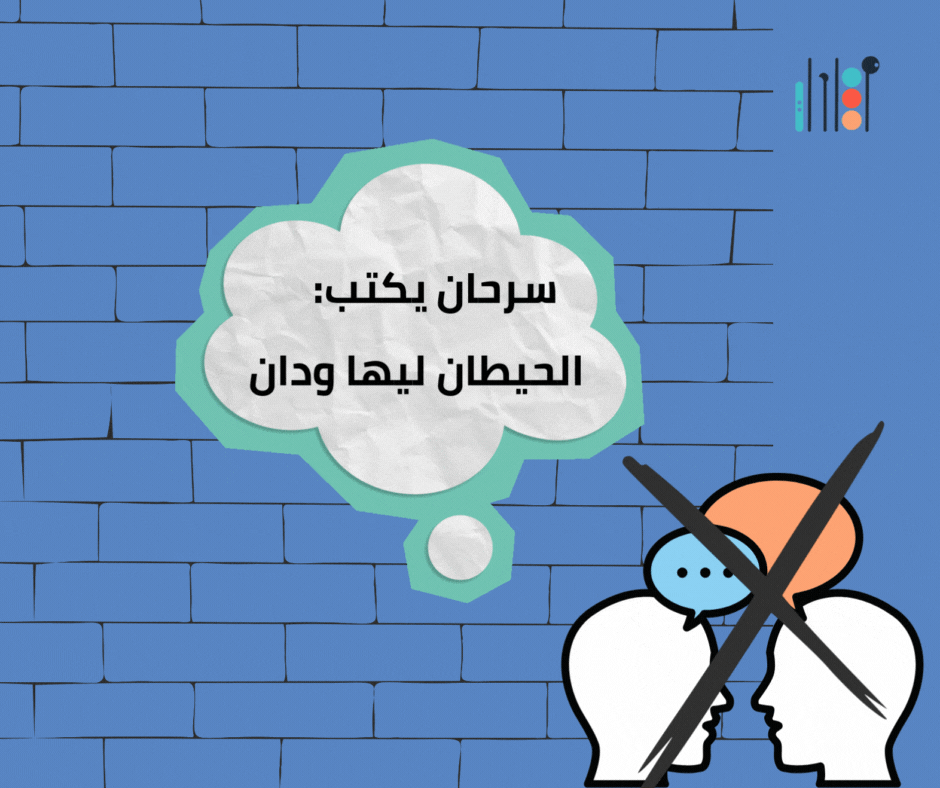A Struggle over A Livelihood for Surviving and Resisting
If we come to mention security and what makes us feel it in our lives, we can come up with many ideas and resources that stimulate the feeling in us. We can say that security is related to other emotions like stability, continuity, and support, and the feeling that there is someone who can understand and see our lived experiences and deal with them with respect and empathy, simultaneously; however, we cannot deny that part of achieving security is related to material needs and wants, besides the emotional or spiritual. What I want to focus on is this financial aspect that has a core relation to improving our social and economic conditions, which in turn expand to include our self-perspectives and self-actualization in this world, thus these material needs are in another way related to the emotions and ideas that we project upon ourselves and other people; this may lead us to work and how our feelings of security are centered around it within the society we live in, and when it comes to transexual individuals we find that work is an important issue in the experiences of most of transexuals in Egypt, which must be tackled and discussed with all the ambiguity and complication that surround it.
Not to dismiss the idea that the transexuals’ experiences are diverse and different, and we cannot summarize them in one article, nor limit them in an analysis or a singular narrative; there are different factors that intersect to form each transexual individual’s reality in Egypt, like the social class, education, age, surrounding environment, and others. However, what I am trying to focus on in this article is the government and society’s general attitude in their different manifestations towards transexual people, and the effect of it on work experiences and the fulfillment of social and economic security in Egypt. In the middle of a non-existent insufficient societal awareness and complete societal condemnation, the general frame through which the government deals with transexuals is what determines the general direction of most of the transexuals’ experiences in Egypt with the public sector, and specifically work; I can say that this frame encompasses a mysterious unclear controversial relationship in dealing with transexuals and their bodies, a relationship of incomplete recognition, or a recognition that involves multiple reservations coming from the government and its different manifestations. What I mean is, yes, there is a licit path to transitioning inside Egypt that starts with obtaining a medical report, followed by the syndicate and surgeries, then the legal procedures to alter the identity and official documents, but all those steps have different hindrances, and the general atmosphere remains ambiguous like the position of Al-Azhar and the syndicate; in addition, these procedures don’t include a support system to integrate transexuals within the society, to spread awareness, or to generally put an end to discrimination - workplace and forces included.
As a transgender woman, I can understand the role of both, gender dysphoria and transitioning, in affecting many of our decisions and compasses as transexuals in directing our lives, putting the surrounding and available conditions into consideration as well. For example, some transexuals are unable to make the decision to transition in the beginning due to their fear from losing their jobs once the decision is made, which leaves them choosing to not transition facing the psychological problems that proceed; or to choosing transition without disclosure, which would protect them from the forthright clash, but not for long, with the physical changes coming to the attention of those surrounding, so then they have to look for another job, perhaps even in a whole other field that has less toxic masculinity, or a job that depends on working without condensed interaction inside the work environment, or working from home for example. There are some places that include in their policies the opposition of discrimination and violence based on identity, but these places are few and do not guarantee the workers’ compliance with the rules and policies, they are also only available for those who belong to a certain class or educational level, that guarantees foreign languages proficiency; this surely leaves the less privileged transexual individuals, social class and education wise, facing harsher choices and confrontations in relation to work, and hence we find those doing governmental jobs or jobs that require physical effort, and so many times do we hear about trans individuals who get terminated from such jobs following their transitioning, even if they had obtained medical reports or had surgeries done. This carries us to another point that has a lot of confusion, which is the tilt of some transexuals towards sex work, a job like any other, but in Egypt there is no regulation whatsoever, but rather a clear criminalization, placing the transexual sex workers in exposure to not only violence and exploitation, but also under police pursuit for the charges of debauchery and immorality, and many times transwomen are locked up with men or in terrible conditions even if they have medical reports that state their situation as transexuals.
This is not to make it seem dark and hopeless, but rather to shed a light on the inadequacy of the government’s perception in dealing with us as transexuals, which in the end leaves us facing challenging struggles and limited choices; however, there is still a certain kernel that we can work on in Egypt, through intertwinement, advocacy, and awareness, to broaden the spaces of acceptance and integration; for example, we can start intertwining with the places that have policies opposing violence and discrimination, to work on spreading awareness among the workers and enforcing accountability mechanisms for those who violate them, and to intertwine with other areas to spread these policies, and thus create the effect of a snowball that starts off with what is already there then enlarges to engulf more and more.






